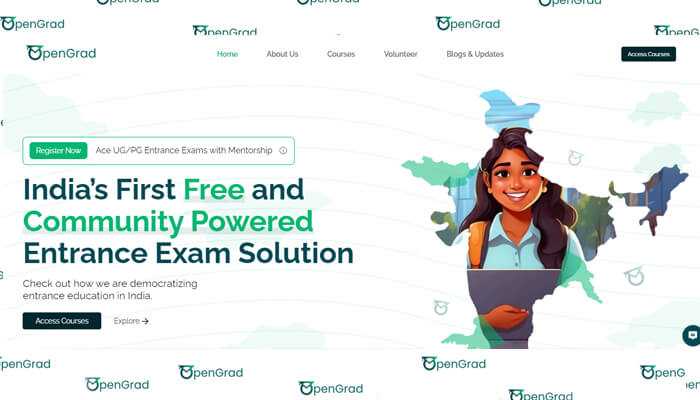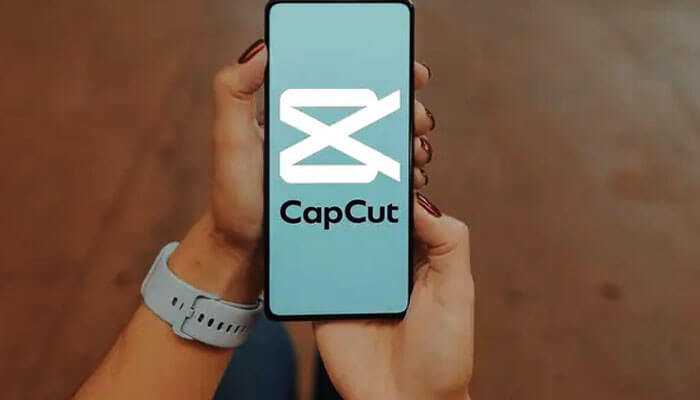The emergence of the creator economy, propelled by digital platforms and social media, has revolutionized traditional media. Influencers and content producers, who make up the creator community, are reshaping how audiences engage with information, entertainment, and news. This transformation not only affects the process of content creation but also has a profound impact on the established media industry.
Decentralization of Influence: Creator Economy
Within the creator economy, individuals possessing specialized knowledge or distinct viewpoints can autonomously accumulate significant audiences. Decentralization of influence breaks traditional media’s gatekeeping function, allowing many opinions to be conveyed without traditional outlets.
Direct-to-Consumer Engagement:
Content creators establish direct connections with their audience through the utilization of social media and digital platforms. Traditional media is unidirectional, while direct-to-consumer involvement fosters community and customization that modern audiences want.
Erosion of Traditional Advertising Models:
The old TV box is no longer being used by advertisers. They want artists, the real stars with fans who care about them. Why? Because artists feel real, not like an ad that was written. They have credibility, so people trust them and buy what they sell. That’s why corporations are investing more in influencer marketing and abandoning media ads. Being honest and connecting is much more important than polished commercials. Old media will fall behind in ads if they don’t change!
User-Generated Content:
User-generated content is vital to the creator economy, which transforms consumers into contributors. YouTube and Instagram allow users to create content, undermining the media’s role as the primary source of information and blurring the lines between consumers and producers.
Real-time Interaction and Feedback: Creator Economy
In contrast to the rigid schedules frequently observed in traditional media, creators actively participate in instantaneous exchanges with their audience. Live streaming, comments, and rapid feedback create a dynamic and responsive atmosphere compared to traditional media broadcasts.
Diversification of Content Formats:
The creator economy fosters an environment that promotes the exploration of various content formats, also interactive experiences, podcasts, and short-form videos. The act of diversifying poses a challenge to the conventional media’s dependence on well-established formats and forces them to adjust in response to changing audience preferences.
Monetization Empowerment:
Creators are supported directly by fans, through merchandise sales, brand partnerships, and other revenue streams. This empowerment stands in opposition to the dependence of traditional media on advertising and subscription models, which has led to a reassessment of revenue strategies within the media sector.
Globalization of Audiences: Creator Economy

The process of audience globalization enables creators to effortlessly construct audiences that transcend geographical limitations. The worldwide scope of this phenomenon poses a challenge to the regional emphasis of traditional media, as audiences progressively gravitate towards content producers whose material aligns with their particular interests, irrespective of their geographical location.
Consumer Trust Shift:
In contrast to conventional media channels, the audiences of creators are frequently more inclined to place trust in them due to the authenticity they project. Conventional media organizations must rethink their credibility strategies as consumer confidence shifts.
Collaboration and adaptation: Creator Economy
To remain competitive, conventional media organizations are integrating components of the creator economy. In addition, collaborations, partnerships, and acquisitions involving digital-native creators demonstrate an awareness of the evolving environment and readiness to incorporate these novel forces into established media frameworks.
Conclusion:
Increased content development, dissemination, and viewer interaction have marked a new era in media due to the creator economy. In light of the ongoing impact of content creators on narrative construction and parameters of media consumption, conventional media organizations are compelled to adjust and wholeheartedly accept the shifting dynamics to sustain relevance amidst a perpetually evolving digital environment.
Source: Cosmo Politian











